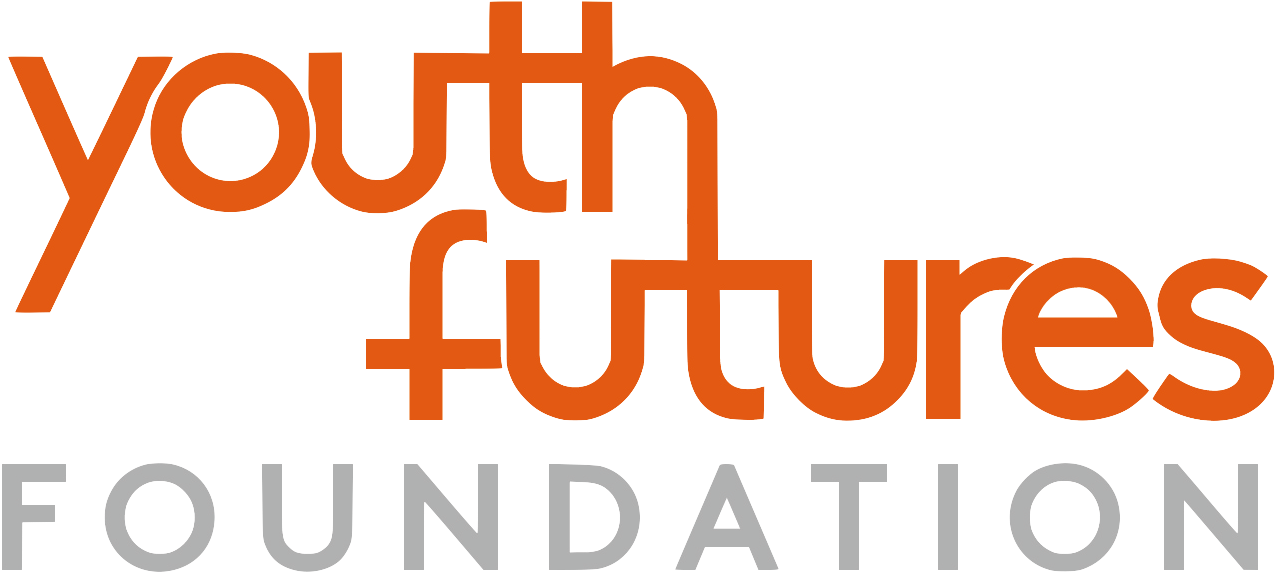VIY
Project summary
Volunteer It Yourself (VIY) were awarded a grant from Youth Futures Foundation (YFF) to deliver a programme of support for 450-500 young people.
The funded programme was designed to include: a placement on a community renovation project; a Level 3 City and Guilds accreditation; progressions support following completion of the project placement; and a range of broader employability / work readiness activities. The programme was targeted at young people who were either not in education, employment, or training (NEET), or at risk of becoming NEET.
YFF wanted to understand how the programme was delivered, the outcomes that participants achieved, and the mechanisms through which these outcomes were achieved. Alongside this, YFF also wanted to understand whether the VIY programme would be suitable for an impact evaluation (i.e. a randomised controlled trial or quasi-experimental design). IFF Research and Belmana were awarded an evaluation grant to answer these questions.
The evaluation was carried out across three phases:
- A mobilisation and design stage which aimed to develop a programme Theory of Change.
- A process evaluation which aimed to test the Theory of Change, understand the outcomes the programme achieves, and identify any refinements which could be made to improve delivery.
- A feasibility study which aimed to understand whether the programme was suitable for testing through an impact evaluation.
The evaluation drew on evidence from:
- Performance and management information.
- Online and telephone surveys with young people conducted at project start, project completion, and 13 weeks after project completion.
- Qualitative interviews with 18 young people.
- Qualitative interviews / focus groups with 24 operational and delivery staff.
Evaluation conclusions
The VIY programme delivered support to 435 young people across the grant period and was successful in reaching the intended audience for the programme.
There were several ways in which the programme was delivered differently to the original design: project support was shorter, and the availability of progressions support, and employability and work-readiness activities was more limited than initially intended.
Participant experiences were generally very positive, and the evaluation highlighted several factors that were particularly attractive to VIY’s target audience: the relaxed and non-committal quality of the programme; the option to achieve an accreditation; and the welcoming and supportive environment created by mentors.
Survey attrition limited the analysis that was possible in relation to programme outcomes. There was some evidence to suggest positive movement in relation to some softer outcomes such as confidence, motivation, and wellbeing. However, there was limited evidence to indicate positive progress in relation to education, employment, and training outcomes.
Based on the findings from the feasibility study, YFF decide that the VIY programme was not yet ready to proceed to an impact evaluation. The challenges to delivering an RCT included: identifying a suitable ‘business as usual’ comparator; identifying a suitable randomisation point; and achieving the required sample sizes (at a reasonable cost). The barriers to delivering a quasi-experimental design included identifying a suitable data source to construct a comparison group and achieving the required sample sizes (at a reasonable cost).
